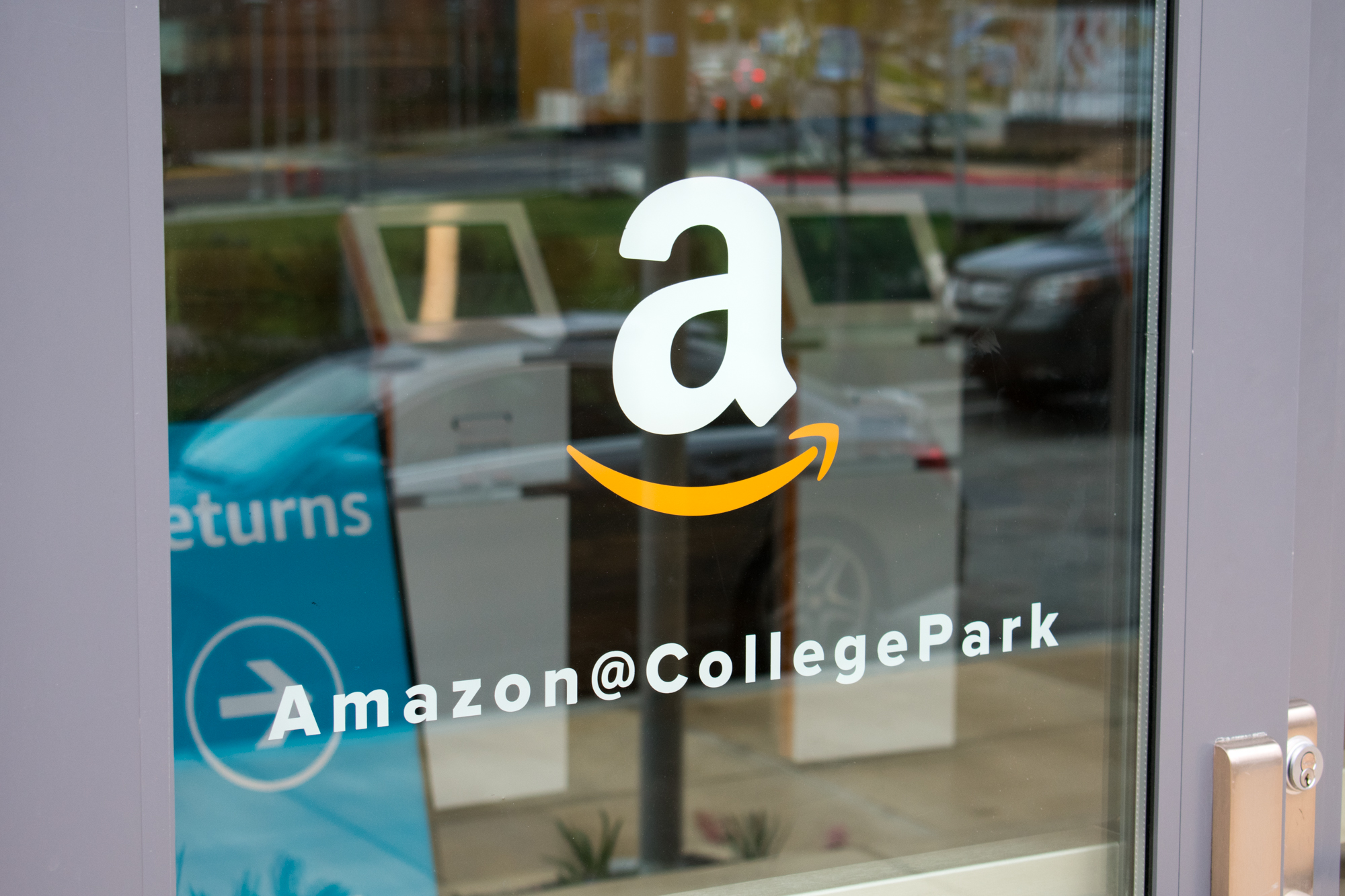Views expressed in opinion columns are the author’s own.
OK, before I begin — yes, there is no ethical consumption under capitalism. This mantra-turned-meme has become a way for us to throw our hands up and take a deep dive into nihilistic consumerism. We have no power against the 21st-century horror machine that is global capitalism, so why even bother?
But the reality of our current economy doesn’t exempt us from trying to be more ethical consumers. As an environmental policy major, I know I won’t solve the global climate crisis by bringing my metal straw to restaurants, or bringing a reusable bag to the grocery store, or even forgoing use of a car in favor of public transit. The corporations that profit from the exploitation of natural resources are a much more powerful player in the changes to our climate, and they are unlikely to slow in their decimation of our earth. But that doesn’t stop me from bringing my straw, ditching plastic grocery bags, riding the bus and seeking out new ways to reduce my carbon footprint.
My newest venture into the mythical land of ethical consumption is a boycott of Amazon and its services and subsidiaries. This, as I’m sure most are aware, is extremely difficult, if not impossible — which is all the more reason to try it. After Amazon’s $13.7 billion acquisition of Whole Foods last year, the internet exploded with content about how the online retailer was one step closer to its ultimate goal of world domination.
[Read more: Amazon is an immoral company. It has no place in College Park.]
A company that began as an online book retailer has quickly snowballed into a more insidious global operation. Amazon is on our porches with Amazon Prime, a step inside our homes with Amazon Key — a service that allows Amazon delivery people to unlock your front door — and fully involved in our private conversations with Alexa and Amazon Echo. It creates and distributes TV shows and movies under the name Amazon Studios and will even publish and distribute your e-book for free with Kindle Direct Publishing. Amazon wants to be everywhere and sell you your everything — and it’s succeeding.
Most of us are aware of the warehouse conditions that allow us to get our Amazon Prime goodies in two days or fewer. An undercover worker in a U.K. warehouse reported that bathroom breaks are timed and workers had taken to peeing in water bottles. Warehouse staff in the U.S. who get hurt on the job are forced to jump through hoops to obtain workers’ compensation. In one case, a worker was offered a $3,500 buyout in exchange for an non-disclosure agreement after her injury left her unable to do her job; after declining, she was forced to live out of her car in the warehouse parking lot.
[Read more: Bribing Amazon isn’t a smart investment in Montgomery County’s future]
The cherry on top of Amazon’s exploitation of workers and never-ending expansion is the obscene wealth of its CEO and founder, Jeff Bezos. Bezos is now worth $150 billion, making him officially the richest person in history as of July, as half of Amazon’s employees make less than $29,000 a year. Unlike many of his colleagues in the upper echelons of the disturbingly wealthy, Bezos isn’t especially charitable, and he regularly combats legislation that would fairly tax his company and income.
As Amazon has searched for a second headquarters, local governments have leapt at the chance to offer billions of dollars in tax breaks and other incentives to lure the job creator to its city. Maryland Gov. Hogan approved an $8.5 billion incentive package for the online retailer. The promise of 50,000 new jobs is alluring, but a quick glance at the state of affairs in Seattle — otherwise known as Amazon’s HQ1 — should offer a glimpse into the HQ2 host city’s future. Rent has skyrocketed and inequality has sharply increased alongside spikes in homelessness and traffic. It’s a miniature version of Silicon Valley’s deleterious effect on San Francisco, and Maryland lawmakers are stumbling over themselves to bring it here.
Boycotts are a privilege. Not everyone has the time, money or energy to think about the ripple effect of every purchase they make. Although Prime isn’t cheap, Amazon’s products often are, which is part of how they came to dominate our world. But convenience is also a large part of its success, so if you can afford to, try to re-examine how you use Amazon’s services. Whether it’s for the workers, the environment or the pleasure of keeping your dollar out of Bezos’ fat pockets, reconsider Amazon.
Emily Maurer is a junior environmental policy major. She can be reached at emrosma@gmail.com.



